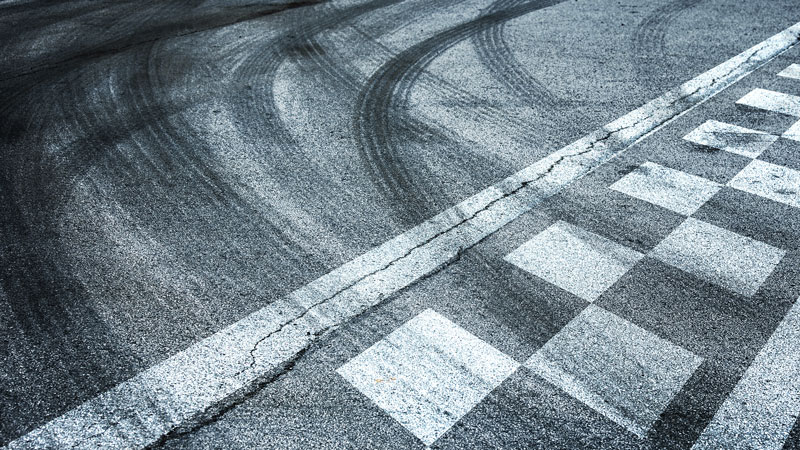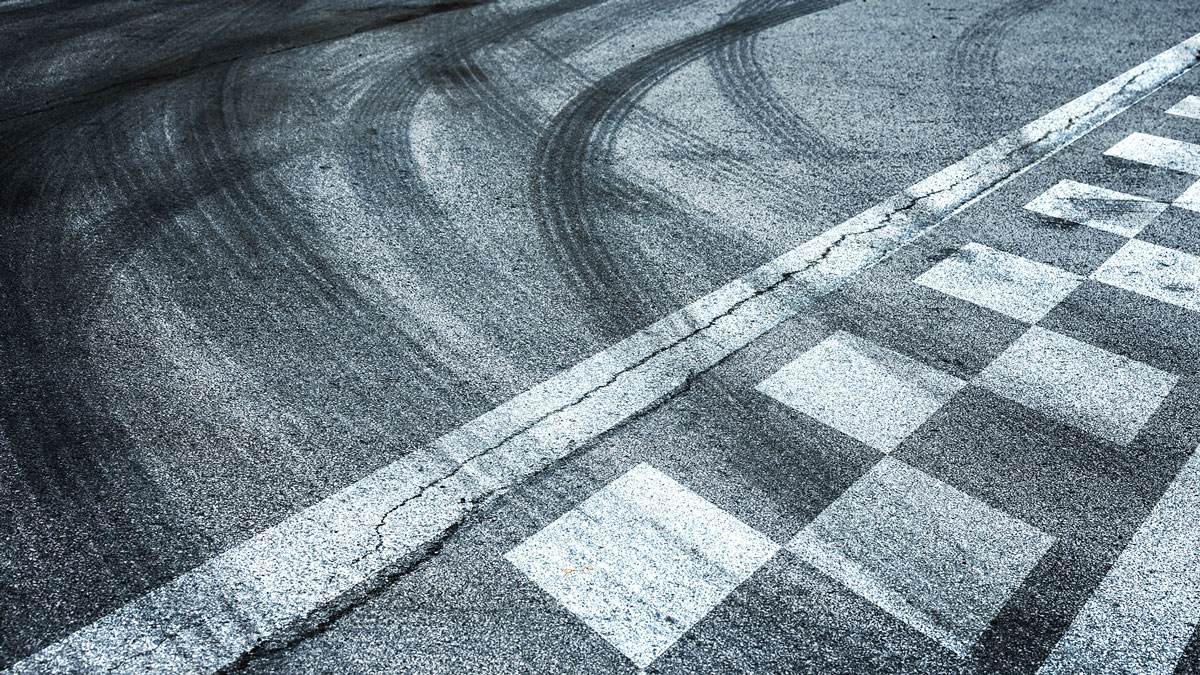On 22 October 2019, the Supreme Court issued a significant precedent in a competition damages case based on the so-called asphalt cartel. The Supreme Court had granted the City of Vantaa leave to appeal concerning the question of whether a company that is the sole shareholder in a company participating in the cartel and to which the business operations of the company participating in the cartel has been transferred in liquidation proceedings is liable for the damage caused by the company participating in the cartel.
Significant Supreme Court Precedent in the Asphalt Cartel Case


Marcus Blomfelt
Related services
Tags

Preliminary Ruling of the CJEU
The Supreme Court referred the question to the Court of Justice of the European Union for a preliminary ruling. In the spring of 2019, the CJEU gave its ruling, in which it deemed that EU law is directly applied to the question and the parties liable for competition damages are defined on the basis of the concept of undertaking as defined in EU law. The CJEU found that a company that has continued the business operations of a dissolved company can under the principle of economic succession be liable for damage caused by a competition infringement in a situation where the company committing the infringement has ceased to exist.
In accordance with the preliminary ruling of the CJEU, the Supreme Court deemed that economic succession is applicable with respect to liability for competition damages. The Supreme Court stated that in the acquisitions in question, the parent company dissolved the company it acquired in voluntary liquidation proceedings. In addition, the parent company immediately at the beginning of the liquidation proceedings continued the business operations of the acquired subsidiary. According to the Supreme Court, the parent company and its subsidiary have, thus, been parts of an undertaking forming an economic unit when the business operations of the subsidiary participating in the cartel were transferred to the parent company. On this basis, the Supreme Court deemed that the company that continued the business operations is liable for competition damage caused by the company it acquired.
Evaluation of the Supreme Court
The Supreme Court hardly took case-specific facts into account in its reasoning. Instead, it mainly referred to the guideline of the preliminary ruling of the CJEU. On behalf of the defendant company we represented, we had invoked the fact that the defendant company had acted in good faith and had not been aware of the acquired company’s participation in the cartel at the time it acquired said company, decided to place the acquired company in liquidation and continued the company’s business operations. However, the Supreme Court did not give any weight to bona fide and did not cover the question at all in its reasoning. The Supreme Court justified its position primarily by stating that liability for damages must be evaluated by complying with the same grounds on the basis of which liability for penalty payments is determined in accordance with the established practice of EU law, i.e. the liability is transferred to the party carrying on the economic operations.
The Supreme Court also took a position on the application of provisions concerning liquidation proceedings. The defendants had invoked the fact that the damage claim of the city had lapsed because it was not lodged in the liquidation proceedings of the acquired company and that a lapsed claim cannot be transferred on the basis of economic succession. However, the Supreme Court stated that in accordance with the principle of the primacy of EU law, national courts are obligated to ensure the full effect of provisions of EU law and disregard, if necessary, any national law which is in contrast with these provisions. The Supreme Court deemed that the position of the defendants would lead to a contradiction with EU law. As a result, national provisions concerning liquidation proceedings must be disregarded to the extent they restrict or remove liability for competition damages based on EU law.
Impacts of the Precedent
Precedent KKO 2019:90 will have impacts both on mergers and acquisitions and liquidation proceedings.
With respect to future mergers and acquisitions, one should be prepared for the possibility that a company that has acquired the share capital of a company that committed a competition infringement could be liable for damages when carrying on the business operations of the acquired company and the acquired (infringing) company is dissolved. Based on the precedent of the Supreme Court, it is irrelevant with respect to liability for damages that the buyer at the time of the transaction is unaware of the competition infringement of the company being acquired.
The precedent of the Supreme Court did not concern situations related to business sales and purchases. Consequently, the decision leaves open the question as to whether liability for damages based on economic succession also exists in situations where a company acquires the business operations of an infringing company and the company that has sold the business operations later ceases to exist. However, the Supreme Court stressed in its reasoning that liability for damages must be applicable similarly to liability for penalty payments, and with respect to liability for penalty payments, economic succession has also been considered applicable to business sales and purchases.
With respect to liquidation proceedings, it has to be taken into account in the future that, pursuant to the Supreme Court’s precedent, provisions regarding the lapsing of a debt do not concern competition damages (certainly not in situations where the creditor is unaware of the damages claim by the due date of the public summons). Instead, these damages debts can be transferred to the company continuing the business operations of the company dissolved through liquidation proceedings. Competition proceedings usually last several years, which is why it is possible that such damages claims are not revealed until long after the liquidation proceedings have ended.




